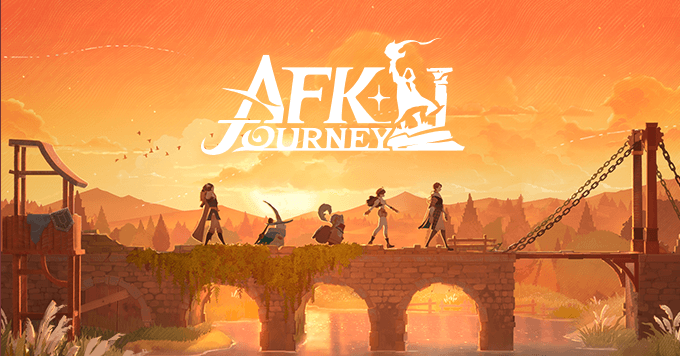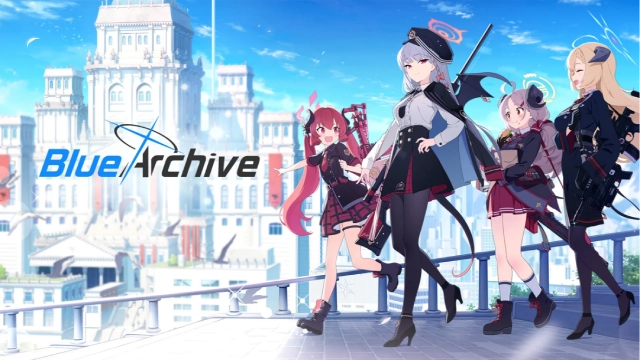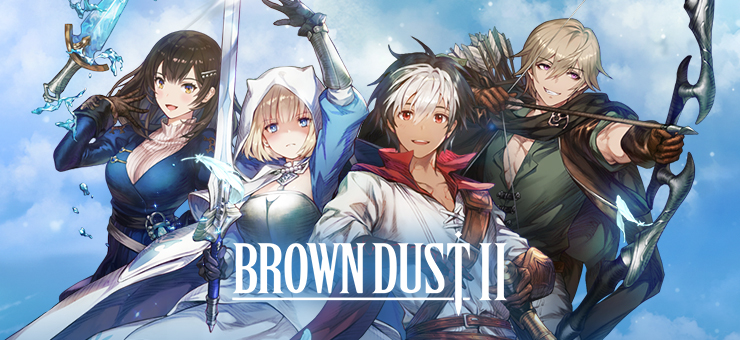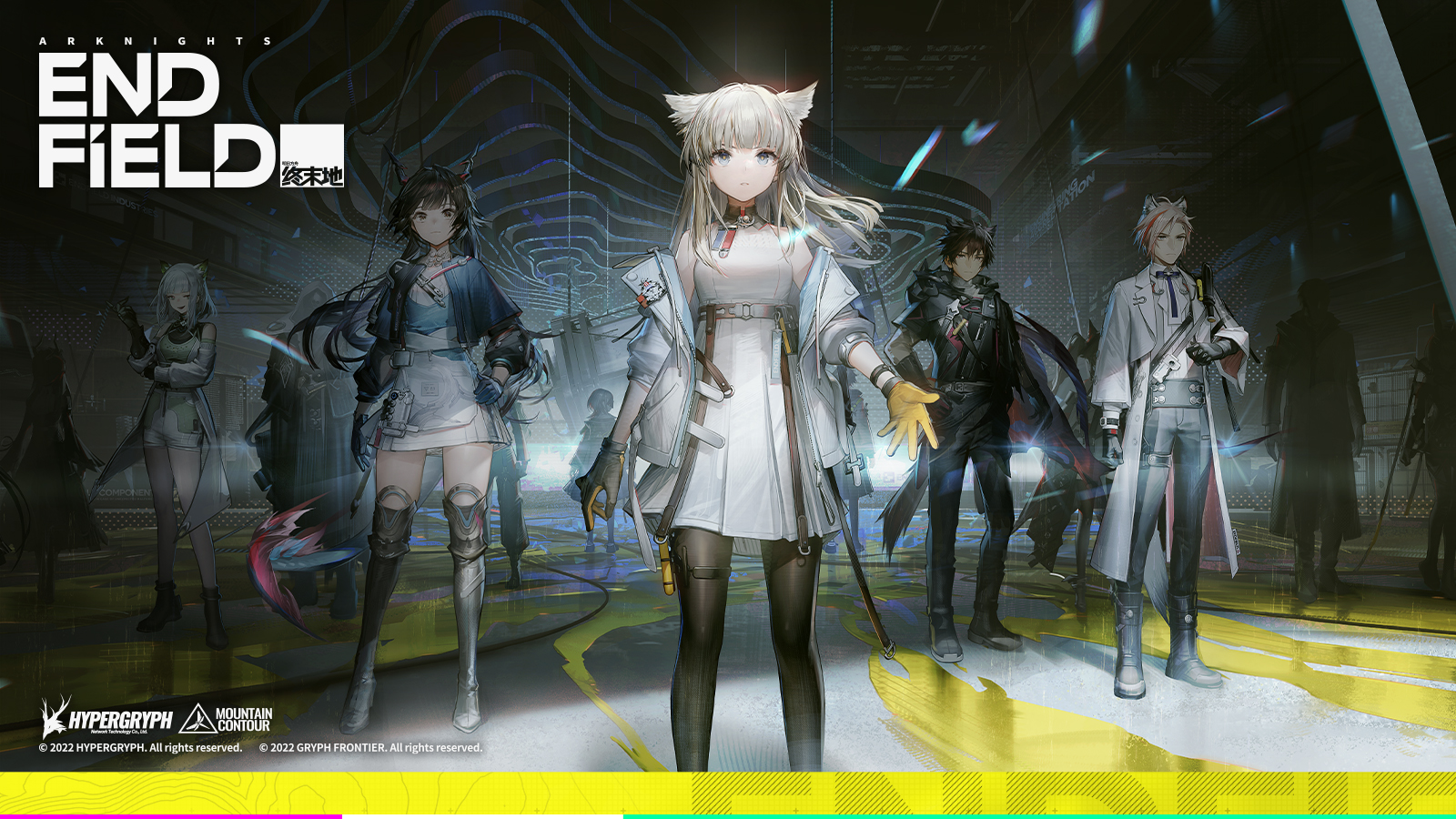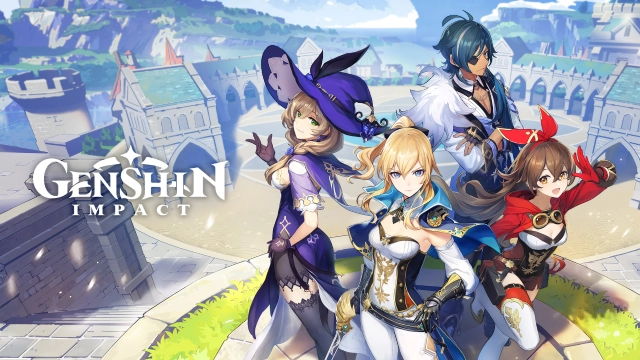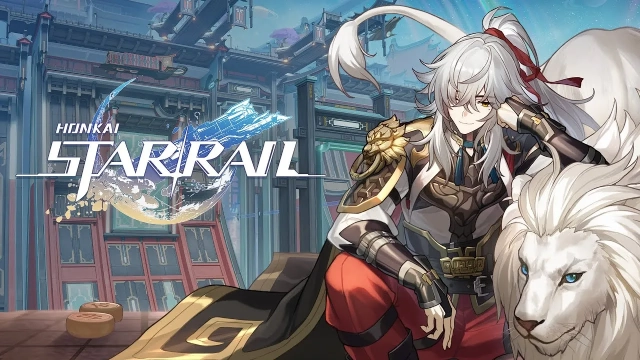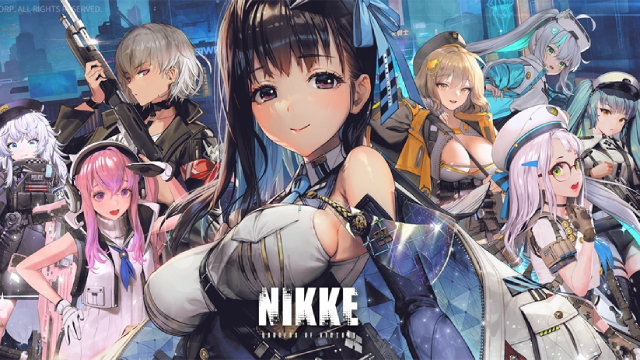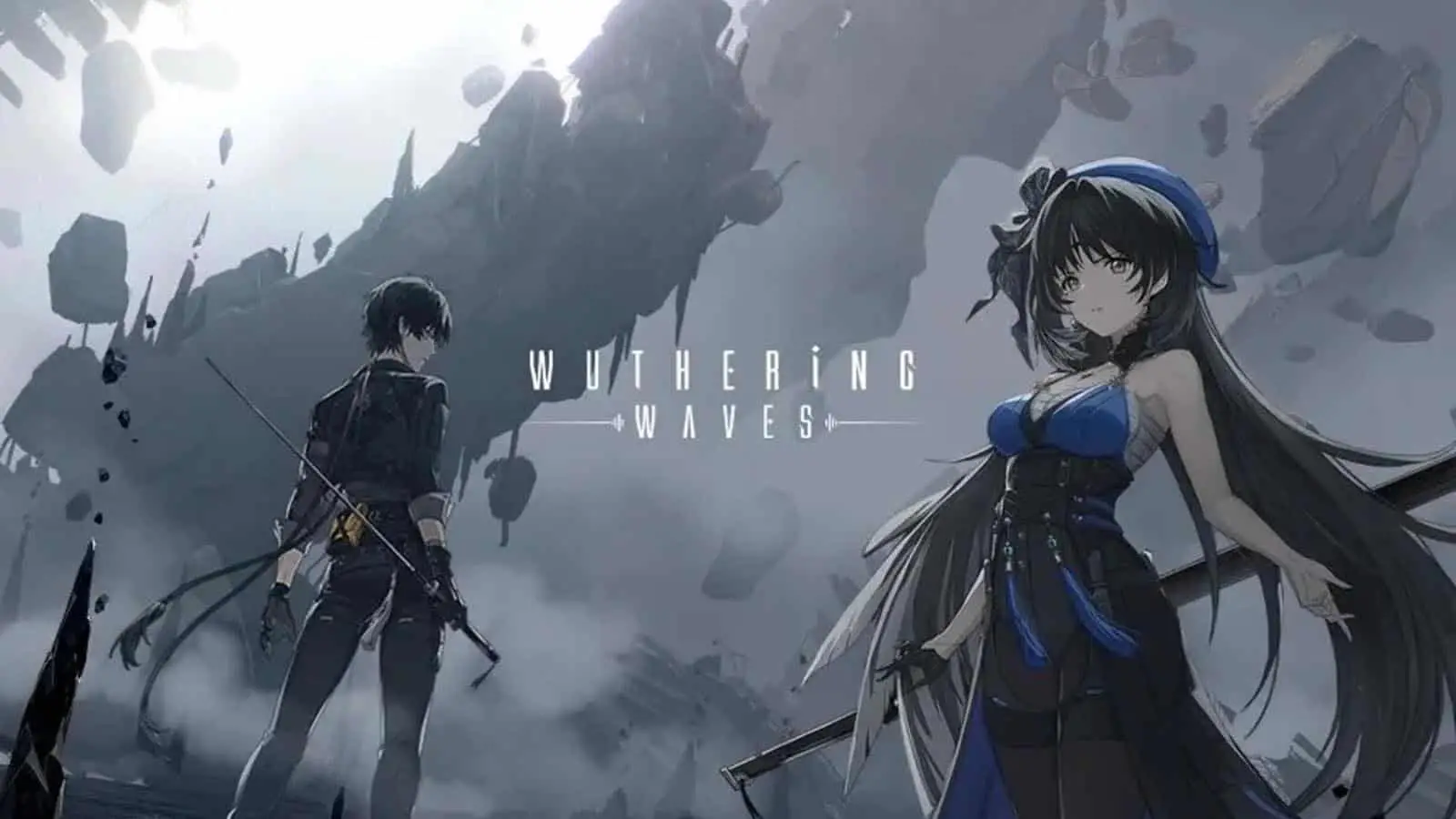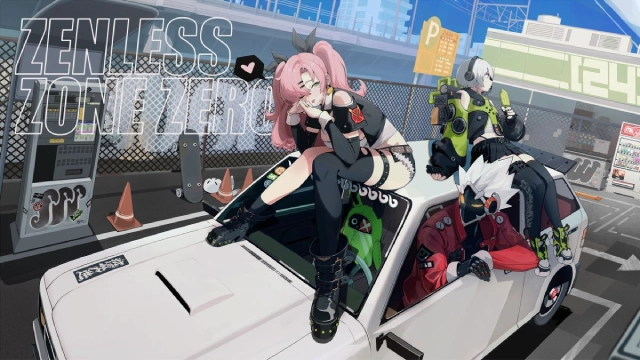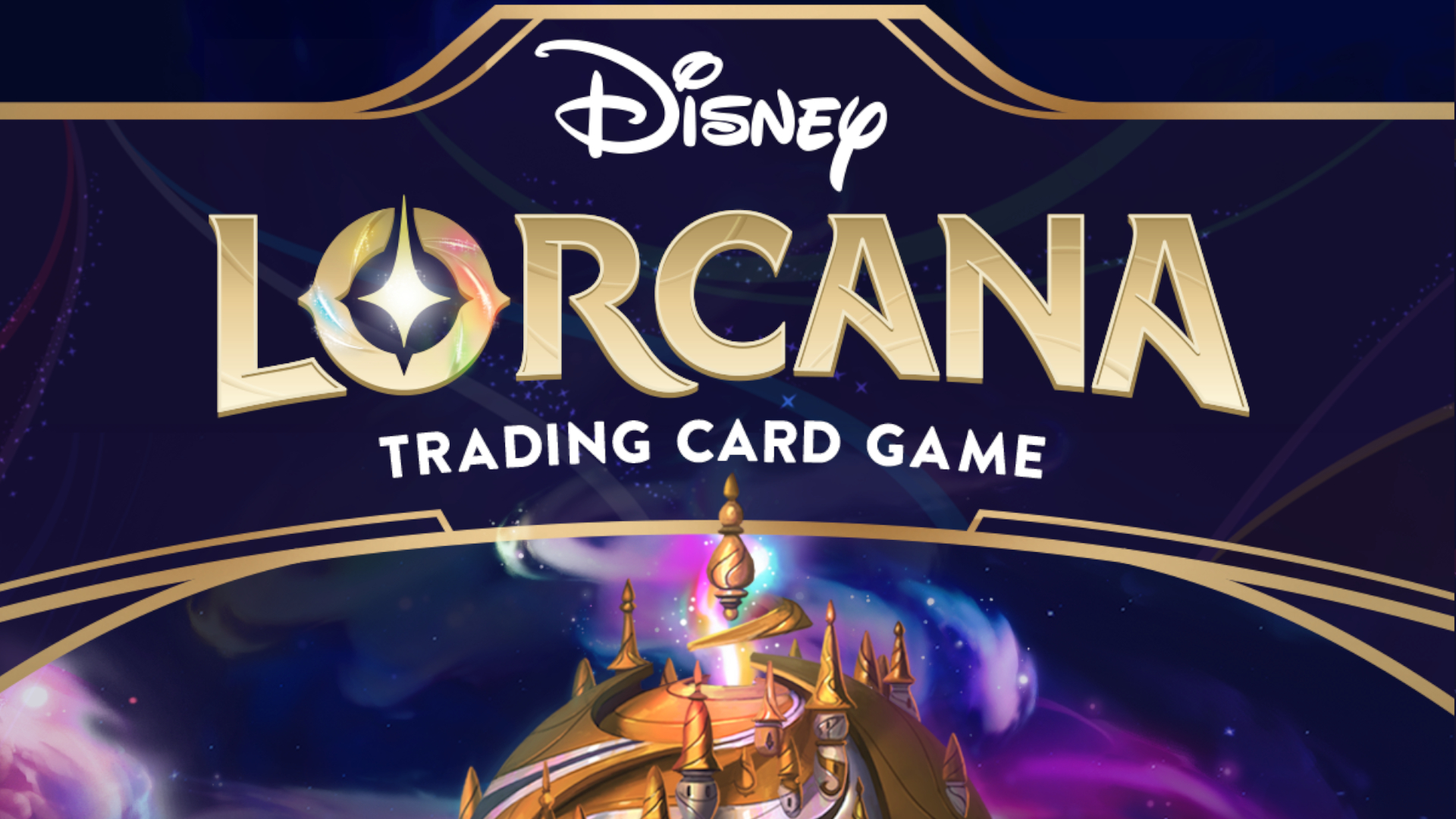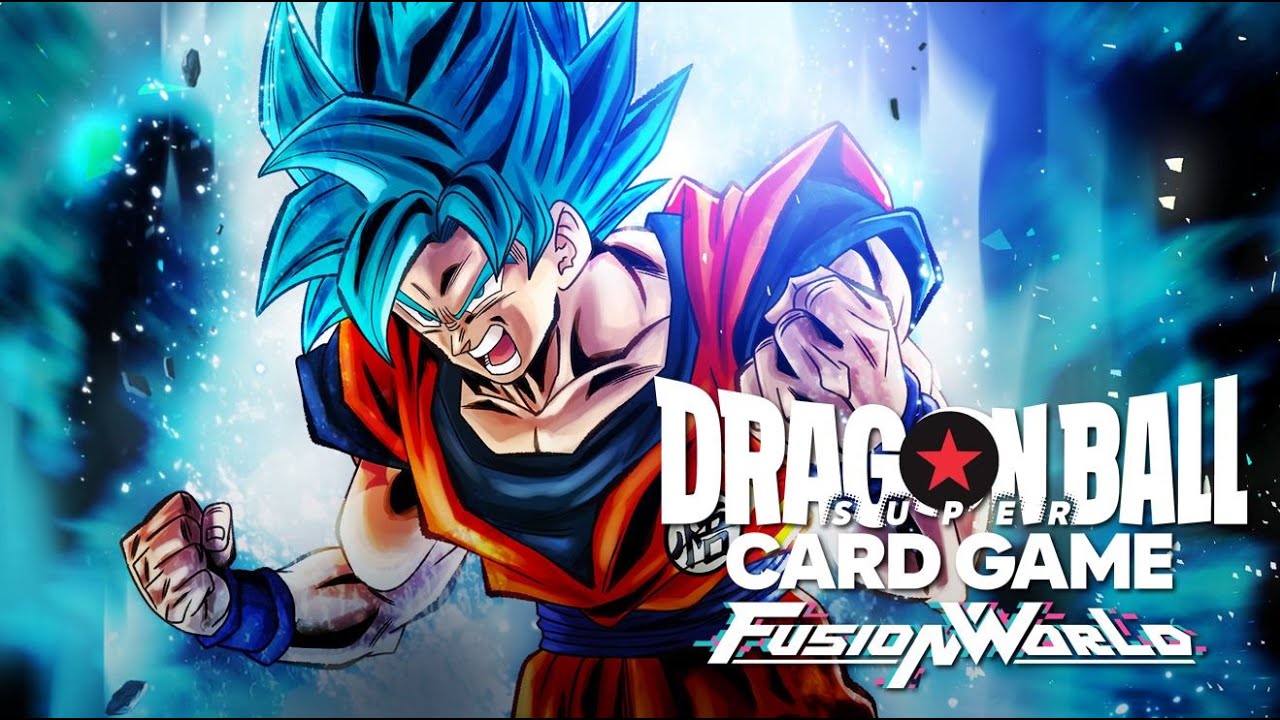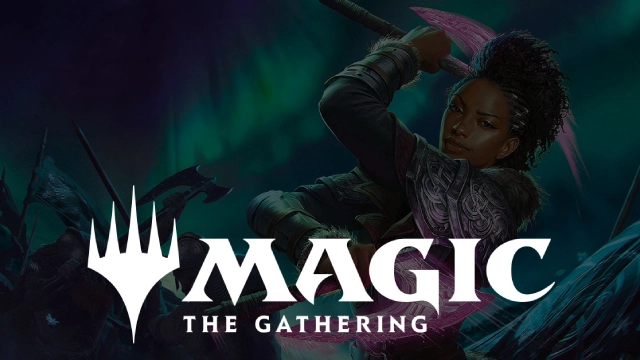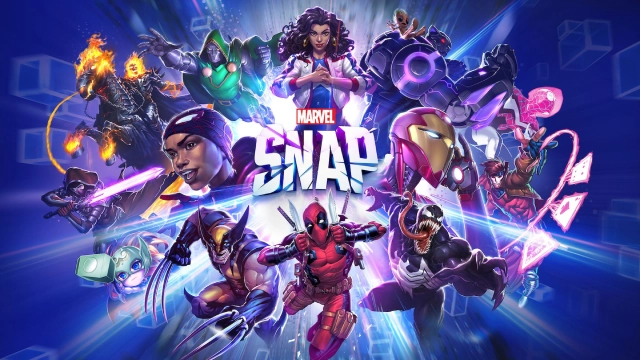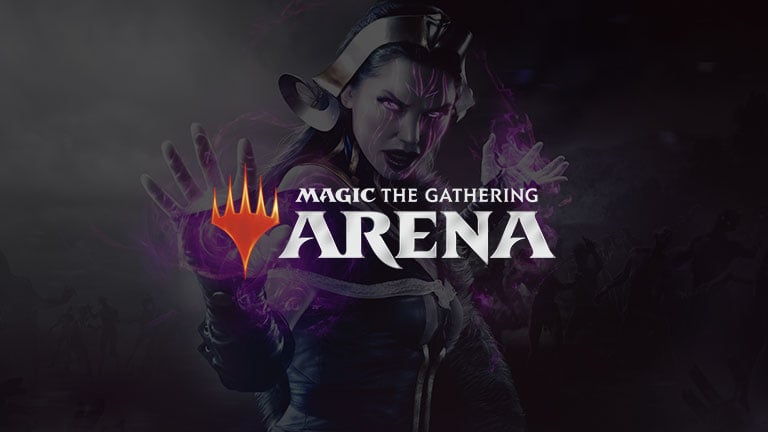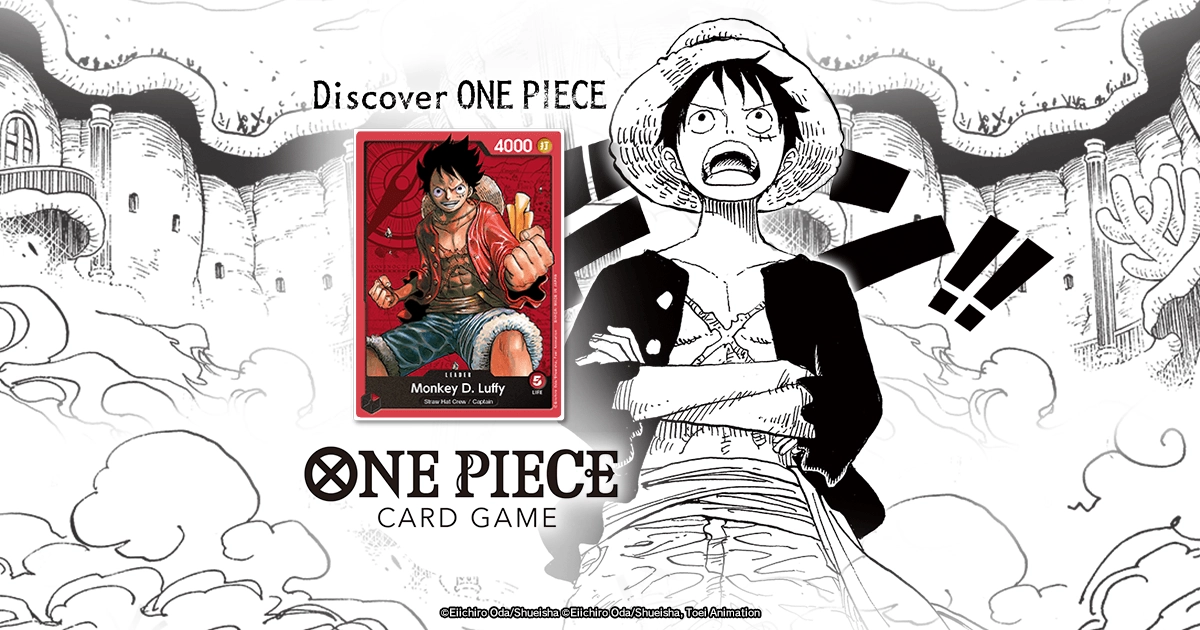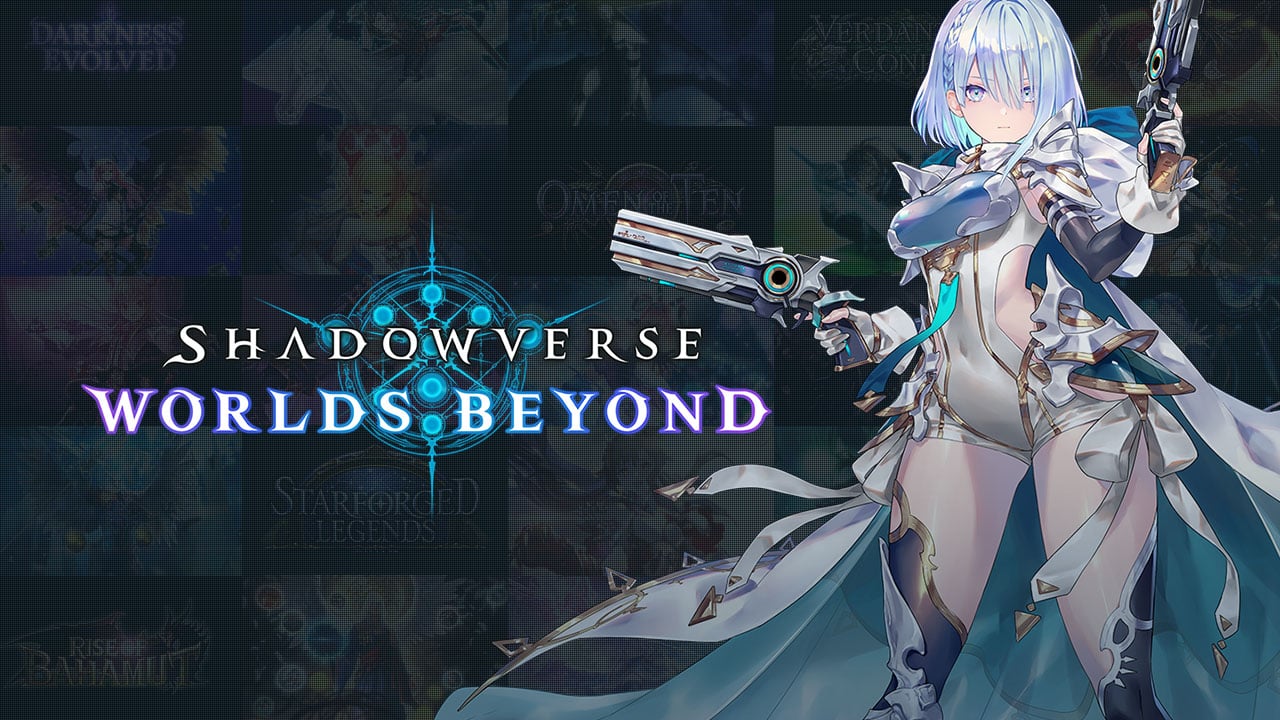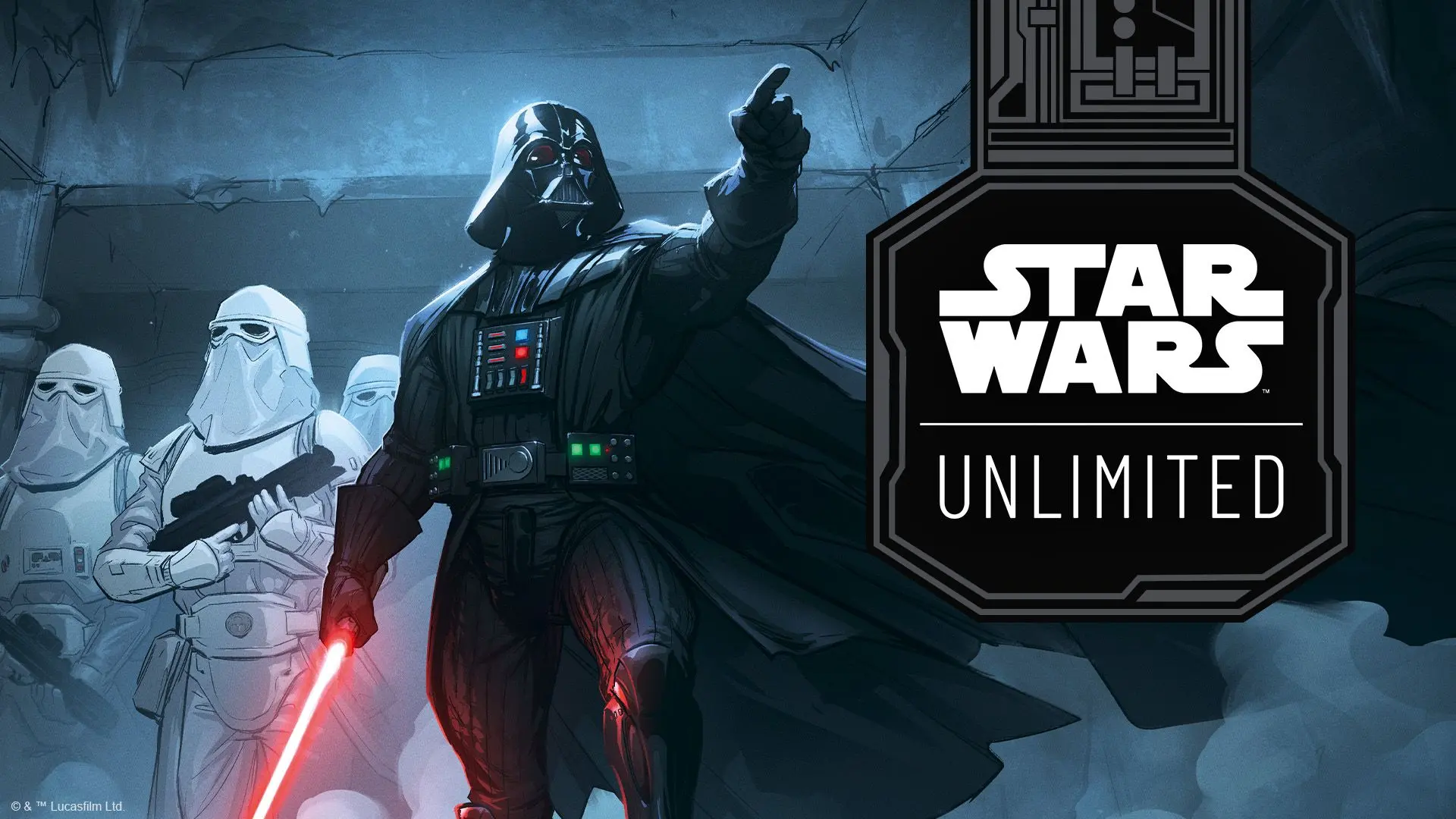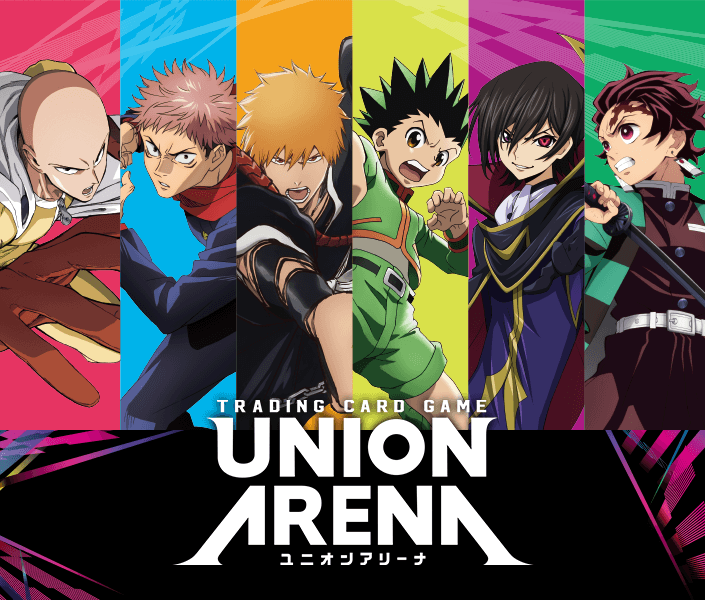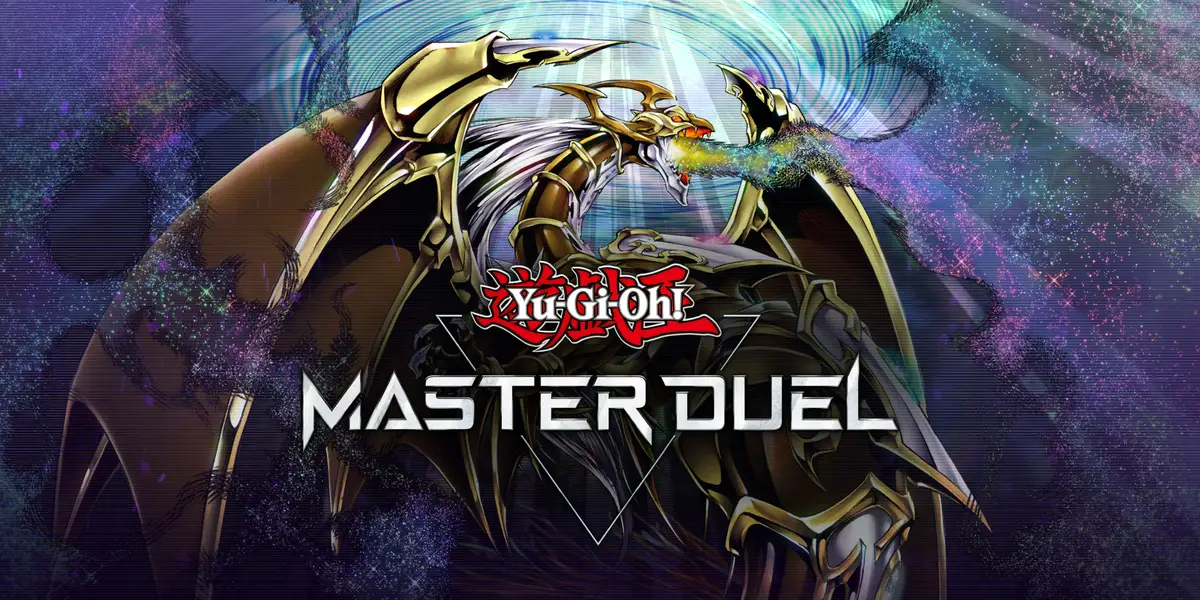Table of Contents
Welcome back everyone! After some deliberation and my penchant to be an educator, I decided that I wanted to try out a series called “Required Reading”. I hope the name of it doesn’t bring anyone flashbacks to the summer before eighth grade, school’s about to start tomorrow, and you haven’t even touched Slaughterhouse 5 much less written an entire report on it. Too unrelated or too close to home? You be the judge. The point of this series would be tenets of Magic that I think are so indisputably important that every player who’s somewhat serious about the game should read or at least be made aware of. Let’s get started.

Back when I first started getting serious about Magic, the professional players always seemed like these enigmatic gods of the game. They use their natural talent at Magic to swoop in, win every tournament, and go home for celebratory mojitos while I’m just sweating about making it to Day 2 of the GP. With my great fortune and luck however, I played incessantly with the newest blood in the MPL, Chris Kvartek. I got to watch his development from FNM Hero to winning PTQs and top 8ing Pro Tours. While watching him grow, I realized that the keys to getting to the professional level weren’t as cryptic as they seemed. Since I got to watch the peaks and valleys that was Chris’s MPL journey, I’m quite confident that I unlocked the secret to success in the competitive Magic scene. If you stick around until the end of the article, and I’m not at all joking, I may give you the single best piece of Magic advice you will ever receive. I have coached 3 different players so far and they thought I was joking when I said this was going to change their game, and after I explained it, they agreed that it’s the best advice they ever heard, hands down. If you want to know it, just make it to the end, and preferably, read all this stuff in the middle too, it’s all important!
Before I continue, I just need to state something. Success in Magic simply can not be measured by results and tournament wins. Sure, that is the end goal for most people playing competitively, but at the end of the day, Magic has a lot of variance in it. Not every amazing player is necessarily always going to be able to reach the Pro League or Rivals. That’s endemic to anything with chance involved, and I don’t want to break any hearts, but that’s the reality of the situation. However, I believe we should follow Chris’ example of success being measured in self-improvement, not tournament results. If he measured his chance of success with tournament results, I don’t think the world would have ever seen him on the big stage. One last thing, this is not necessarily a complete list of things that every Pro does or is a trait shared by every Pro, but this is from my subjective viewpoint, attributes that a large portion of them share. Now that I tantalized you enough, let’s get into the secrets.
THEY LOVE THE GAME

What? This is a big secret? Professional players eat, sleep, and breathe Magic, how is this news to anyone? Well Strawman, you’d be surprised! I’ve seen many people, including myself, fall into the trap of thinking that time invested equates to how much they like something. There are legions of players that, if you ask them how much they like Magic, will tell you that they love it and it’s the best game in the world. However, when you watch them play, they look frustrated, tired, and at worst, burnt out. Let me be clear, this isn’t a rag on anybody, but it’s important to know the difference between loving something and going through the motions.
You’re more than allowed to love the game and have periods that you can feel tired and stressed out. That’s completely normal and I would argue, even healthy. However, when you feel like Magic is starting to be more of a chore than a game, it’s ok to stop playing. Seriously, I give you permission. Taking periodic breaks from Magic can be extremely helpful in your enjoyment of it in the long run.
I’ll use myself as an example for this section. So, I’ve been playing Magic for 9 years, starting as a tabletop casual and turning into a very adept player who’s the playtesting partner of an MPL member. However, I tend to get overly frustrated at Magic coupled with tournament anxiety, so I tend not to play in online events. Does that mean I don’t love Magic and I’ll never be a professional? Probably. Oh, not the answer you were expecting, huh? However, that’s ok and I’m perfectly content with that. To be a professional player, you need to LOVE Magic. That means you can test for hours, play in every tournament (more on this later), talk Magic, stream Magic, dream Magic, the whole 9 yards. If that is not for you, you’re likely not going to break into the professional scene, and that’s ok. If you don’t think you can do all these things but want to be a professional player, either reconsider why you don’t feel that strongly about Magic or reconsider being a professional player. Not every competitive player has to have dreams to be in the MPL, I did and now I don’t, and I’m significantly happier for it.
This is probably the most intangible advice I’m going to give in the article, but I placed it first because I think it’s the most important. Now that you had a second to digest, let’s get into some of the nitty gritty.
THEY ARE RESULTS DRIVEN, NOT RESULTS ORIENTED

This one’s a bit of a doozy that’ll take a bit of explaining. So, in my definition, results driven are those who strive for certain results while results oriented are those who are guided by their results. They seem similar, but there’s a huge and extremely important difference. Say you run a 30 land deck, and three games in a row you don’t draw past your third land. This is extremely frustrating and has likely happened to all of us. A results driven player would realize that they just got the bad end of variance, and that it’s too small a sample size to make any reasonable judgement from it. A results oriented player will add 4 more lands to their deck. This is a bit of an extreme example, but the thought processes of both players are endemic in the Magic community. This is just a small sample of how these different mindsets operate, but the implications of them run much deeper than just in game.
In order to reach the Professional level, you need to have a goal and a rough plan. It’s pretty much impossible to just fall into being a great Magic player, so having some sort of guide is important. The biggest problem though, is there are way too many Magic players who gauge their abilities and successes only off tournament results. Pretty much everyone I know has fallen into this trap, including Chris much earlier in his Magic career, that we think that the only thing that matters is getting a good finish and nothing else. This is results oriented thinking, we are slaves to the outcome, rather than architects of the outcome. Results Driven players need to have an objective in mind and care more about how they’re going to reach it rather than reaching it.
The biggest level up in Chris’s magic game, bar none, is when he stopped letting bad results get to him. Sure he could be frustrated in the moment, but in totality, the man is nearly unshakeable now. Chris’s goal in Magic isn’t to win, it’s to improve and play as good of a game of Magic as possible. When he focused his time and energy into improving rather than winning, his entire perspective shifted, and the results quickly followed. There were actually games that I watched him lose, and he was elated that he played them so well. I was blown away that someone can be happy and also lose, and I’ve tried to adopt that mindset as best as possible. I’m not the best at it, but I’m certainly trying, and even just to attempt has made me significantly better.
THEY’VE LOST MORE MATCHES THAN YOU’VE EVER PLAYED

This is kind of a ripoff of the proverb: A winner has lost more than a loser has ever tried, but it’s applicable. Players wonder how this one player can just keep doing well over and over, how they’re unbeatable, how they win every tournament, how they’re just geniuses at the game and everyone else isn’t. Well, it’s just simply not true. The truth is professional players play an egregious amount of Magic. In 2019, when Chris was in the running for MPL/Rivals, he was playing non-stop. MTGO, Arena, Online PTQs, Showcase Events, you name it, he was probably playing in it. He had an amazing year, no doubt about that, but nobody knows or cares to remember the functional 7 year stretch where he had pretty much no good results.
Players are so quick to highlight others’ successes, which I think is an amazing part of the Magic community, but they often forget of all the failures and near misses that led up to those moments. Professional players aren’t unbeatable machines, they just keep throwing their lot in until eventually, their number gets called. The only way to get to that level is that you need to keep trying and failing over and over again. A lot of people don’t have the mental strength to do that, and to be honest, I probably don’t myself. However, that’s what it takes to be a professional player. You have to be ok that you’re likely to fail miserably way more than you’re going to succeed, and that’s just part of the process. However, if you’re like Chris, if you come out of an event learning something important, it wasn’t really a failure at all.
We’re almost through it all! Whew, and believe me when I say I saved the best for last. This is a principle that I noticed that nearly every amazing player follows consciously or unconsciously, however, I’ve never seen it talked about. In fairness, it’s a little difficult to explain in written form, but I’m going to do my best. If you’re the layman who wants the absolute largest improvement to their game by reading a few pages of info, here it is.
THEY THINK IN GAME PLANS, NOT TURNS

My grandfather was a big fan of chess, and in order to play with him, I quickly learned the rules of the game. I consistently and effortlessly got spanked by him every time we played, and I quickly got salty because I was seven years old and I couldn’t believe that someone 70 years older than me could be better at something. Unbelievable. Anyway, I asked him how to get really good at the game and he told me that chess grandmasters can think at least ten moves ahead. This blew my tiny mind as I couldn’t even imagine how I was going to navigate the next turn, much less ten turns down the line.
Once I started playing Magic, I figured this was the case with the best of the game as well. All of their brains are simply supercomputers that can calculate everything that you both can do and play circles around you. However, this isn’t true for the most part, unless you’re Paulo Vitor Damo Da Rosa. If you are, well, you’re a freak of nature and I love you for it. However, for everybody else, this is not at all how professional players operate. While we were trying to figure out how best to execute the turn, they were thinking about how to best execute their game plan. Let me explain.
I was testing a lot of Historic before the MCQW because I wanted to win it, and one of the decks I landed on as being good was Burn. Here’s the list.
Historic Mono Red Burn by Robert Lee
[sd_deck deck=”SmQK4_8dk”]
So, assuming you play Magic at all, you could likely tell me the game plan of this deck. Don’t worry, this isn’t a trick question. Take your time. You’re right! I’m using cheap creatures and spells to reduce my opponent’s life total to 0 before they can do their thing! This deck is very straightforward and unapologetic in it’s game plan; although I’ll argue decks like this are more difficult than most assume, the game plan is really obvious. However, what happened when I faced the most popular Historic deck at the time, Goblins?
Historic Rakdos Goblins by Chris Kvartek
[sd_deck deck=”BXDpAGfEQ”]
If you’re unfamiliar with Historic, I’ll clue you in as best as I can. Goblins is functionally a Muxus ramp deck. Once you cast your Muxus, you generally can have a dominating board state, if not outright just win the game that turn. Furthermore, this deck was fast, utilizing creatures like Skirk Prospector, Wily Goblin, and Goblin Warchief to make Muxus castable. Now, we talked about how Burn’s game plan was to kill your opponent before they can do their thing, however, if that’s what I tried to do against Goblins, I would lose most of my matches.
Despite that, Goblins was one of my best matchups. So how was the matchup so good when my game plan wasn’t effective against them? If you look at my sideboard, you’ll see what I did; I adopted a different game plan. I turned into this weird control deck with Volcanic Fallout, Rampaging Ferocidon, and Chandra’s Incinerators. Instead of pointing most of my burn spells face, I had to point them at their creatures to win. This isn’t the most revolutionary example, but it’s important to ease your way into this concept. So here’s level one of the big secret of how professionals think in game.
WHAT IS MY GAME PLAN AND HOW DO I WIN THIS GAME
This is how you need to start thinking when you’re in your games, you should not be focusing on the best play of the turn. This is pretty similar to the difference between results driven and results oriented. Yes, making the best line that turn is important, however, the best line you can make is generally intertwined with your game plan and how you are winning that game. I used to think I wasn’t smart enough to think several turns ahead, when in reality, I was locking myself in to thinking only about the current turn.
Ideally, every turn of the game, you can think of what your game plan is, how you can win that game, and how to execute it. This is a significantly more holistic and actionable thought process than “What’s my best line this turn?” Start considering what events need to occur on your side in order to win your game, and I promise you that the best line will show itself more often than not. This is just level one however, and functionally every pro I have ever watched have reached level 2 as well.
WHAT IS MY OPPONENT’S GAME PLAN AND HOW DO THEY WIN THE GAME

There you go, this is the important secret that’s been hidden away from us casuals, gated by the gods. Ok, I kid, but I’m surprised I’ve never seen this talked about before. Being able to ascertain your own game plan and how you win is challenging and will take time, but the best of the best can also think about what their opponent’s are trying to accomplish, and how they win the game as well. Once you are capable of ascertaining both sides of the game state, everything becomes so much easier, and you’d be shocked at how important this is.
If you’re ever wondering how professionals can play around certain cards so well, it’s not that they have telepathy, it’s that they ascertained how their opponent could win and circumvented that. If you ever wondered how players can find these weird lines in order to secure games, like Seth’s famous kill your Skirk Prospector and Maelstrom Pulse the treasure token in the Mythic Invitational Top 8, he’s not a supercomputer, he just figured out how he could win that game, and executed it. Quick aside, the best part about that line was that his opponent topdecked Muxus the next turn, and was a mana short to cast it.
Thinking like this seems way harder than it actually is, it just takes time. It used to be too laborious for me to do this, but I’ve gotten significantly faster with time. Now, you still need a good chunk of mental energy to figure out how best to execute your game plan, but this eliminates a lot of the unnecessary work that I used to do during a game. From here forward, every time you’re playing a game of Magic, stop thinking about each turn and start thinking about game plans, I’m telling you, the pros do it, I do it, it works. Believe in the process.
That’s all I got today! If you’re interested in my content and want to see more, feel free to click on my name to see what else I’ve written or check me out at Twitch. Furthemore, you can follow Chris on Twitch as well! Have an amazing day!
Read More
Premium >
Enjoy our content? Wish to support our work? Join our Premium community, get access to exclusive content, remove all advertisements, and more!
- No ads: Browse the entire website ad-free, both display and video.
- Exclusive Content: Instant access to all exclusive articles only for Premium members, at your fingertips.
- Support: All your contributions get directly reinvested into the website to increase your viewing experience!
- Discord: Join our Discord server, claim your Premium role and gain access to exclusive channels where you can learn in real time!
- Special offer: For a limited time, use coupon code L95WR9JOWV to get 50% off the Annual plan!

